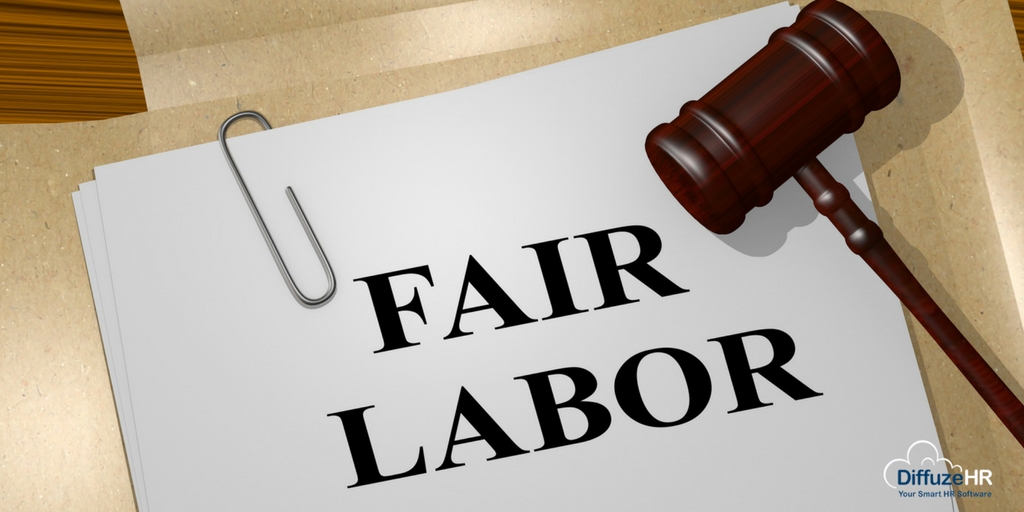More holes in the corporate veil – FWO v Step Ahead Security Services

Fair Work Ombudsman v Step Ahead Security Services Pty Ltd and Another
A private security firm, Step Ahead Services Pty Ltd, had paid eight casual security staff flat hourly rates of $20 on weekdays, $25 on weekends, and $30 on public holidays.
Separate overtime and other penalties in the Security Services Award 2010 were not provided, with the result that, over a 3 month period between May and August 2014, a total of $22,779 Award wages were unpaid.
In proceedings brought by the Fair Work Ombudsman, the Federal Circuit Court said that the Company had engaged in “numerous” breaches of the Award, by failing to provide the correct minimum wage, the Award casual loading, the required night span, Saturday, Sunday and Public Holiday loadings, overtime rates, and the minimum 4 hour shifts to certain employees.
Because of its deliberate and “blatant disregard” of the Act, significant civil penalties of $257,000 were ordered against the Company. The director was also ordered to pay $51,400 in penalties, on the basis that he was “knowingly involved” in the Company’s conduct.
By the time of the hearing, the arrears of wages had not been paid.
As a result, the Ombudsman sought orders that the Company pay the arrears. However, because there were fears that the Company would be wound up, the Ombudsman also sought orders that the director should personally be liable for the arrears.
The Federal Circuit Court ultimately found that provided the Court was “satisfied” that a person had breached a civil penalty provision, it was empowered to make “any order” that it considered appropriate under the section.
That power, further, was “unfettered” and relevant considerations as to whether it would be exercised included whether the order was actually necessary, the capacity of the employer to pay, the extent of the manager’s involvement, and the nature of the order sought.
In the event, the Court held that it was appropriate to order that the director was jointly and severally liable to repay the $22,779, alongside the Company.
The Court considered this was consistent with public policy, and would go “some way” to requiring that those in control of companies take steps to ensure that they meet their obligations as they arise, and to preventing those who breach the Act from keeping the benefit of their misconduct.
Lessons for Employers
The case is a new development, and represents a significant expansion of the scope of the orders that have usually applied under the Act.
The Court clearly influenced by the potential winding up, as well as by the fact that two previous entities within the ‘group’ had been deregistered. A still further corporate entity, apparently operated by the director, was continuing to trade.
The potential for broader personal liability for directors, however, remains.
Great care should be taken by managers and directors before taking part in conduct that may that breach the safety net entitlements, or involve Award underpayments.
Contact HR Legal if you have any questions about your company’s minimum employment obligations.
This article was produced by HR Legal. It is intended to provide general information only in summary format on legal issues. It does not constitute legal advice, and should not be relied on as such.
Category: HR Legal
